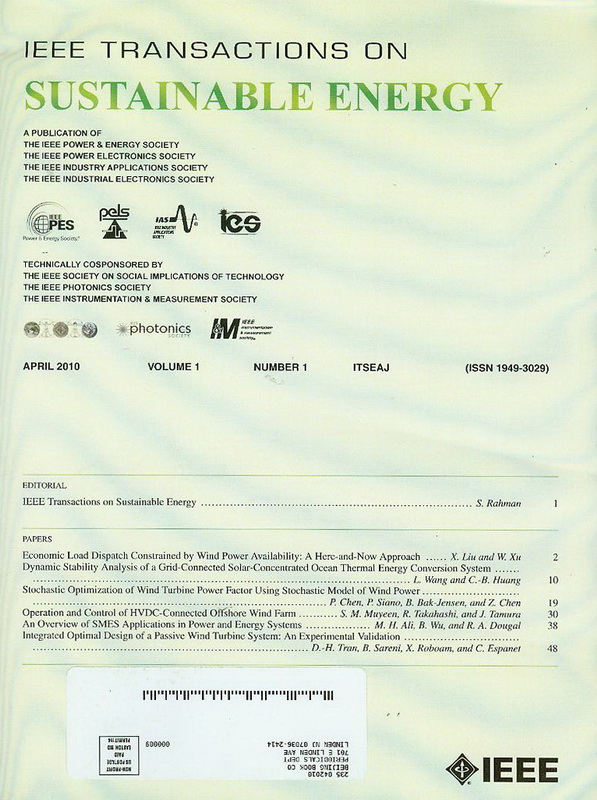Optimal Hydrogen Production Dispatch of Networked Hydrogen-Based Microgrids via a Distributed Method
IF 10
1区 工程技术
Q1 ENERGY & FUELS
引用次数: 0
Abstract
Hydrogen has drawn significant attention due to its long-term storage capability and wide industrial applications. How to efficiently utilize renewable energy to maximize hydrogen production of a group of spatially distributed electrolyzers is a fundamental problem urgently needed to be solved. This paper is the first to attempt to address the problem by proposing a hydrogen production dispatch (HPD) model for hydrogen-based microgrids with proton exchange membrane electrolyzers. Considering the limited communication and privacy requirement of distributed energy systems, a distributed hydrogen production dispatch framework is constructed. The original nonconvex optimization problem is transformed into a convex form. Furthermore, it is proven that the marginal hydrogen production benefit of each electrolyzer should be equal for the optimal hydrogen production dispatch via Lagrangian duality. By setting the marginal hydrogen production benefit as a consensus variable, a novel distributed consensus-based dispatch algorithm is developed, in which an event-triggered communication scheme is introduced to alleviate the communication burden. It is demonstrated that the proposed algorithm achieves linear convergence. Results of the case study indicate that the proposed strategy yields the optimal hydrogen production benefit, which is increased by 9.43% compared to on-site hydrogen production and demonstrates excellent solving efficiency especially for large-scale systems.基于分布式方法的网络化氢基微电网制氢优化调度
氢因其长期储存能力和广泛的工业应用而备受关注。如何高效利用可再生能源,使空间分布的一组电解槽的产氢量最大化,是一个迫切需要解决的根本性问题。本文首次尝试解决这一问题,提出了一个质子交换膜电解槽的氢基微电网制氢调度模型。考虑分布式能源系统通信受限和隐私要求,构建了分布式制氢调度框架。将原非凸优化问题转化为凸优化问题。并通过拉格朗日对偶证明了各电解槽的边际制氢效益相等,以实现最优制氢调度。以边际制氢效益为共识变量,提出了一种基于分布式共识的调度算法,该算法引入了事件触发通信机制,减轻了通信负担。结果表明,该算法实现了线性收敛。实例研究结果表明,该策略的制氢效益最优,比现场制氢效益提高了9.43%,尤其对于大型系统,具有较好的求解效率。
本文章由计算机程序翻译,如有差异,请以英文原文为准。
求助全文
约1分钟内获得全文
求助全文
来源期刊

IEEE Transactions on Sustainable Energy
ENERGY & FUELS-ENGINEERING, ELECTRICAL & ELECTRONIC
CiteScore
21.40
自引率
5.70%
发文量
215
审稿时长
5 months
期刊介绍:
The IEEE Transactions on Sustainable Energy serves as a pivotal platform for sharing groundbreaking research findings on sustainable energy systems, with a focus on their seamless integration into power transmission and/or distribution grids. The journal showcases original research spanning the design, implementation, grid-integration, and control of sustainable energy technologies and systems. Additionally, the Transactions warmly welcomes manuscripts addressing the design, implementation, and evaluation of power systems influenced by sustainable energy systems and devices.
 求助内容:
求助内容: 应助结果提醒方式:
应助结果提醒方式:


